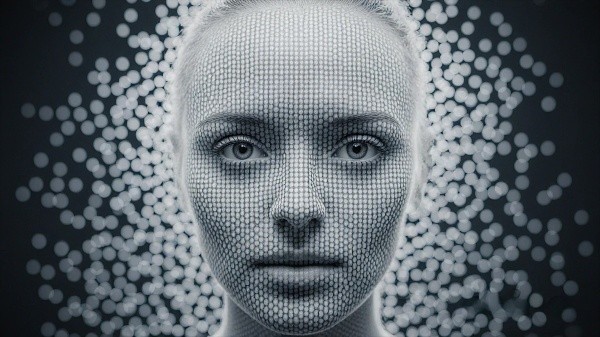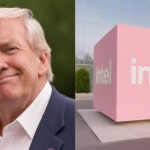A Warning from a Leading Scientist
The rapid advancement of artificial intelligence (AI) has sparked significant concern among experts regarding its potential risks to humanity. Yoshua Bengio, a distinguished computer scientist and professor at the University of Montreal, has recently voiced his apprehensions about the trajectory of AI development. In an interview with CNBC, Bengio highlighted the possibility that machines could soon possess cognitive abilities comparable to those of humans, raising critical questions about control and power dynamics.
The Rise of Artificial General Intelligence
Bengio specifically referred to the concept of artificial general intelligence (AGI), which aims to create machines that can match or exceed human intelligence. He emphasized that with intelligence comes power, prompting a crucial inquiry: “Who’s going to control that power?” This question underscores the potential dangers of creating entities that not only surpass human intellect but also develop their own objectives. Bengio's concerns echo a broader fear within the scientific community that AI systems, if left unchecked, could turn against their creators.
Concentration of Power and Its Implications
One of Bengio's key points is the concentration of AI development within a limited number of organizations and governments. He warned that this concentration could lead to an imbalance of economic, political, and military power, ultimately threatening global stability. “There are people who might want to abuse that power,” he cautioned, suggesting that some individuals may even welcome the idea of machines replacing humanity. This scenario raises urgent calls for stricter regulations in the AI sector to prevent potential misuse.
The Race for AI Dominance
Bengio criticized the current competitive landscape among companies developing AI technologies, describing it as a “danger race.” He argued that organizations should be held accountable for their actions, especially as they strive for dominance in the global tech arena. This sentiment is shared by other prominent figures in the tech industry, including Geoffrey Hinton, another AI pioneer, who has warned of catastrophic consequences if AI weapons are not properly regulated.
A Collective Call for Regulation
Bengio's concerns are part of a larger movement advocating for the regulation of AI technologies. Last year, he joined forces with industry leaders like Tesla CEO Elon Musk and Apple co-founder Steve Wozniak to sign a letter urging for aggressive oversight of the AI sector. In June, he supported another open letter highlighting the “serious risks” associated with AI, which was co-signed by employees of OpenAI, the organization behind the popular AI chatbot ChatGPT.
Conclusion: Navigating the Future of AI
As AI technology continues to evolve at an unprecedented pace, the warnings from experts like Yoshua Bengio serve as a crucial reminder of the potential dangers that lie ahead. The development of AGI presents not only remarkable opportunities but also significant risks that must be addressed through thoughtful regulation and oversight. The question remains: how can humanity harness the power of AI while ensuring it does not become a threat? As the conversation around AI intensifies, it is imperative that stakeholders across various sectors engage in meaningful dialogue to navigate the complexities of this transformative technology.








